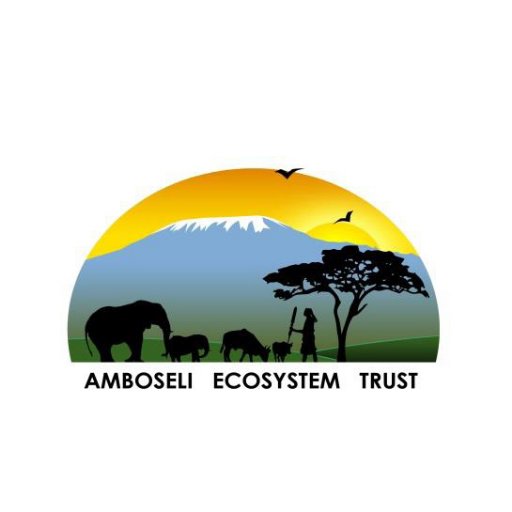Kenya
The Amboseli Ecosystem Trust (AET) in Kenya was formed in the noughties (circa 2004). AET’s founding stakeholders included the Amboseli Conservation Program (ACP), founded in 1967 by David Western, a respected activist who directed the US-based Wildlife Conservation Society‘s activities internationally (appointed 1997). AET’s founders also included the African Conservation Center, which was established and is still managed by David Western. Other founders were the Kenya Wildlife Services and the Amboseli and Tsavo Group Ranch Conservation Association.
From the outset, AET’s stated purpose was to implement the Amboseli Ecosystem Management Plan (AEMP) 2008-2018, subsequently re-vamped as AEMP 2030, in an area that has been granted UNESCO Man and Biosphere Reserve status. AEMP was also partly initiated and developed by the Kenya Wildlife Planning Unit, with a supporting $40 million contribution from the World Bank. See History of ACP and Nomination by Norman Myers for the Indianapolis Prize 2013 David Western.
The Amboseli Ecosystem Management Plan 2030 sets out the land management strategy for a semi-arid region that includes the Amboseli National Park and the many ranches that surround it. This strategic plan covers an area of approximately 5,700 Km², which is situated between Kilimanjaro, Chyulu Hills, Tsavo West National Parks along the Kenya/Tanzania border.
Today, the financial muscle to run AET comes mainly from Amboseli Conservation Program and African Conservation Centre, plus two NGOs: Big Life and International Fund for Animal Welfare (IFAW).
The USA-based Big Life Foundation (BLF) spends USD3,803,198 per year in the region. Its vision and mission is, in its words, ‘to establish a successful holistic conservation model in Amboseli-Tsavo that could be replicated across the African continent’. To this end, BLF employs hundreds of local Maasai rangers in the region. It claims to have established more than 30 permanent outposts and tent-based field units, equipped with 14 patrol vehicles, two tracker dogs, and two planes for aerial surveillance. In addition, AET’s programmes, meetings and other activities are partly supported by IFAW.
At CITES’ CoPs, AET forms a core part of the NGO lobby that pits East, West and Northern African range states against those based in Southern Africa. Especially with regards to thwarting Southern African states’ desire to lift the prohibition on the international ivory and elephant derivative trades.
Leader
The Executive Director is Jackson Mwato.
Governance
The 38-strong Governing council includes Big Life Foundation’s Jeremy Goss and IFAW’s Vicki Fishlock.
Finances
Amboseli Conservation Program and African Conservation Centre are the only two organisations that, according AET, contribute more than USD23,000 per year to fund AEMP. However, according to AET, when established budgets are insufficient, its partners, such as IFAW and Big Life Foundation, ‘provide additional financial support for AET programs, meetings and other activities.’


